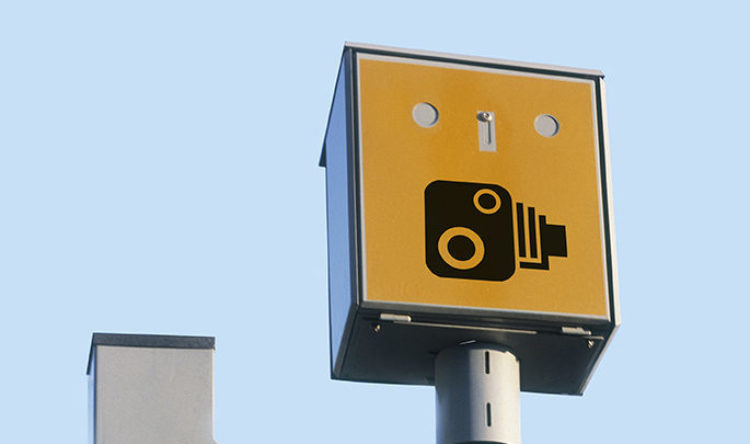Premium is best
Fuel study reveals the benefit of premium fuels over standard
The ongoing question of whether to pay extra at the pump for premium fuels has been answered.
This follows a study to examine the impact of ethanol levels in petrol fuels.
Trakm8 carried out the research looking at efficiency and cost-effectiveness of higher ethanol fuel contents. It discovered that premium fuels with the lower ethanol levels deliver approximately 10% more range compared to standard fuels tested.
Its results suggest that increasing ethanol content in fuel reduces its energy density. This makes it less effective and efficient for consumers.
Saving the world
The Government, along with the rest of the EU, mandated a standard ethanol content of 10% in 95 ron fuels. This is to improve emissions by reducing CO₂ emissions from petrol vehicles.
However, premium fuels are exempt, retaining lower ethanol levels. According to Trakm8, the premium fuel option actually provides drivers with a more efficient fuel source, both financially and, surprisingly, environmentally too.
Healthy engines
Not only are they providing improved mileage, these premium fuels offers other advantages such as reducing carbon deposits in the engine and providing more effective cleaning properties.
This helps prevent failures of components like fuel injectors, turbochargers, catalytic converters. It also keeps inlet ports clearer of carbon deposits, especially in vehicles utilising direct injection. All this improves ongoing maintenance costs, but also efficiency.
From a cost perspective, using reasonably priced premium fuels for a year at an average of 10,000 miles could save consumers around £80 at the pump. Add to this a reduction in fuel-related repair bills while decreasing CO₂ emissions by up to or even in excess of 100kg. It means premium consumers actually contribute to a greener and more sustainable environment, according to Trakm8.
Booming beemer
A 2018 1.5L automatic BMW 1 series was used as the test vehicle, which was driven exclusively in comfort mode with ‘stop-start’ enabled.
The test vehicle had chosen had 40,000 miles on the clock. It had only ever been run on 95 ron before the test.
Various driving conditions were documented throughout the test to ensure accurate comparisons.
The research team reset the engine control module’s adaptation before each fuel type was tested.
Specific drive cycles were conducted, and comprehensive data on the management of fuel by the vehicle was logged. This included ambient air temperature, barometric pressure, injector duty cycle, injection on time, and fuel pump duty cycle.
The options
Three fuel types were compared in the study: E10, E5, and E0, and all were purchased from locations within a 2-mile radius.
Tesco supplied E10 and E5, while Esso provided E0, which was chosen due to its lower ethanol content.
There were runs at 70 mph on dual carriageways, underwent uphill tests on a gradient hill, as well as stop/start tests around a block.
Paying the price
Trakm8’s study suggests that premium fuels with lower ethanol levels offer significant advantages to consumers. It is a controversial and somewhat surprising set of results.
Not only do these fuels provide a more efficient range, but they also lead to potential savings at the pump and reduced CO₂ emissions, said Trakm8.
By choosing a fuel with lower ethanol content, it says that drivers can optimise their vehicle’s performance, minimise repair costs, and contribute to a cleaner environment.
As the adage goes: you pay for what you get!







